María Cristina Kier and Alejandro Sarmentero - Fui peregrina feliz: Maria Elena Walsh Meets Robert Schumann (2025) [Hi-Res]
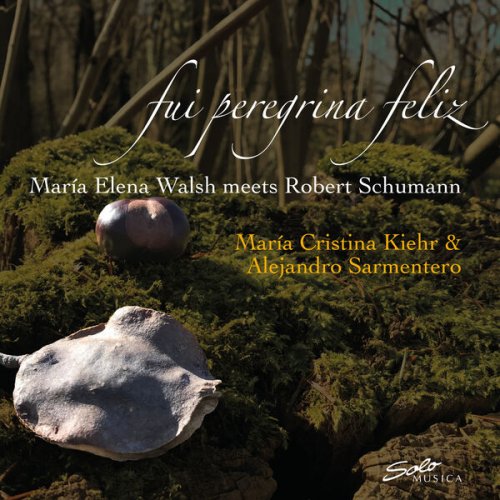
Artist: María Cristina Kier, Alejandro Sarmentero
Title: Fui peregrina feliz: Maria Elena Walsh Meets Robert Schumann
Year Of Release: 2025
Label: Solo Musica
Genre: Classical
Quality: FLAC (tracks) / 24bit-96kHz FLAC (tracks)
Total Time: 47:15
Total Size: 152 / 754 MB
WebSite: Album Preview
Tracklist:Title: Fui peregrina feliz: Maria Elena Walsh Meets Robert Schumann
Year Of Release: 2025
Label: Solo Musica
Genre: Classical
Quality: FLAC (tracks) / 24bit-96kHz FLAC (tracks)
Total Time: 47:15
Total Size: 152 / 754 MB
WebSite: Album Preview
1. Canción del Jacarandá (3:44)
2. Orquesta de Señoritas (Arr. for Voice & Piano by Alejandro Sarmentero) (4:12)
3. Canción del Jardinero (Arr. for Voice & Piano by Alejandro Sarmentero) (3:03)
4. Palomas de la ciudad (Arr. for Voice & Piano by Alejandro Sarmentero) (3:29)
5. Los castillos (Arr. for Voice & Piano by Alejandro Sarmentero) (2:33)
6. Serenata para la tierra de uno (Arr. for Voice & Piano by Alejandro Sarmentero) (4:37)
7. Manuelita la tortuga (Arr. for Voice & Piano by Alejandro Sarmentero) (4:25)
8. Como la cigarra (Arr. for Voice & Piano by Alejandro Sarmentero) (3:41)
9. Canción del Pescador (Arr. for Voice & Piano by Alejandro Sarmentero) (2:47)
10. Endecha española (Arr. for Voice & Piano by Alejandro Sarmentero) (4:10)
11. En el país de no me acuerdo (Arr. for Voice & Piano by Alejandro Sarmentero) (2:17)
12. Alba de olvido (Arr. for Voice & Piano by Alejandro Sarmentero) (4:10)
13. Postal de guerra (Arr. for Voice & Piano by Alejandro Sarmentero) (4:11)
This project stems from the almost utopian desire of the artists to connect two great and admired artists: María Elena Walsh and Robert Schumann. Despite the distance in time and geography that separates them, exploring their poetic and musical worlds reveals a profound connection between the two. In this recording, Walsh’s most iconic songs are interwoven with the romantic and lyrical style of Schumann. The touching parallels between Schumann’s “Der Nussbaum” and “Mein Garten” and Walsh’s “Canción del Jacarandá” and “Canción del Jardinero” reveal a shared inspiration and sensitivity toward the language of nature. Similarly, the surreal poetry and magic of the sea resonate in both “Die Meerfee” and “Canción del Pescador.” “In der Fremde” and “Serenata para la tierra de uno” reflect a longing for homeland and the conflicted, ambivalent relationship with one’s native land. Alejandro Sarmentero has deeply studied Schumann’s style in order to capture the essence of his music and translate that aesthetic into the songs of María Elena Walsh. In some pieces, Schumann’s piano accompaniments are adopted literally; in others, his characteristic patterns and harmonies of Romanticism serve as inspiration. Just as Schumann described his Kinderszenen, Op. 15, as a “reflection of an older person for older people,” this new interpretation of María Elena Walsh’s work– especially her children’s songs–reimagines them as memories for grown-ups, evoking the nostalgia of those who, upon hearing them, return to childhood through adult eyes.
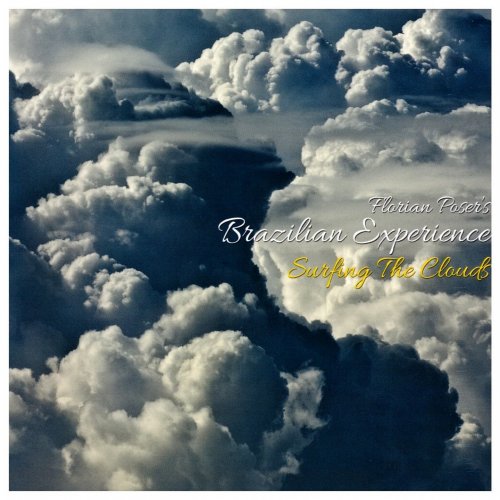
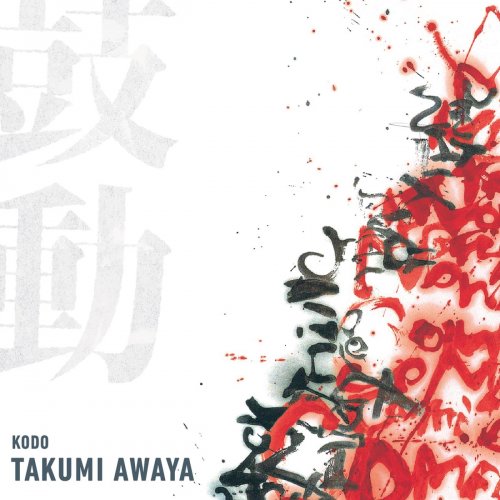
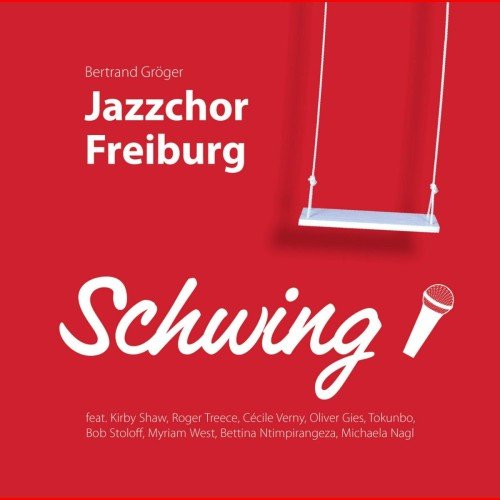
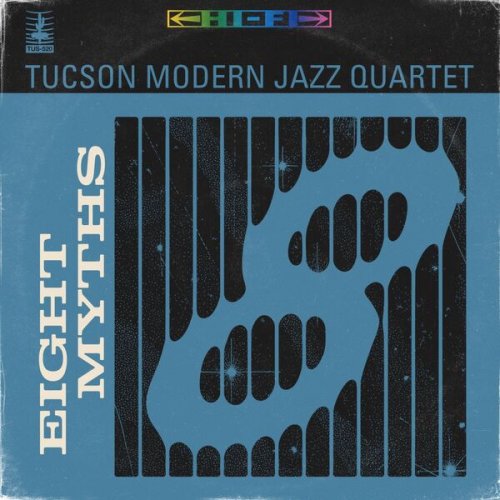

![Betty Carter - The Music Never Stops (2019) [Hi-Res] Betty Carter - The Music Never Stops (2019) [Hi-Res]](https://www.dibpic.com/uploads/posts/2025-12/1765896843_bcmn500.jpg)
![Tomasz Stanko, Polskie Radio - Jazz Rock Company: Live at Akwarium (Polish Radio Sessions vol. 6/6) (2025) [Hi-Res] Tomasz Stanko, Polskie Radio - Jazz Rock Company: Live at Akwarium (Polish Radio Sessions vol. 6/6) (2025) [Hi-Res]](https://www.dibpic.com/uploads/posts/2025-12/1765796554_cover.jpg)
![Wadada Leo Smith - Divine Love (1979/2025) [Hi-Res] Wadada Leo Smith - Divine Love (1979/2025) [Hi-Res]](https://www.dibpic.com/uploads/posts/2025-12/1765802240_cover.jpg)
![Marju Kuut - Marju Kuut: Üksi, kuid vabana (2025) [Hi-Res] Marju Kuut - Marju Kuut: Üksi, kuid vabana (2025) [Hi-Res]](https://www.dibpic.com/uploads/posts/2025-12/1765641100_cover.jpg)